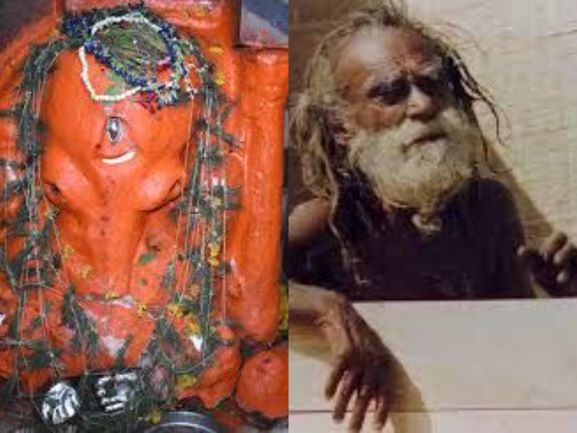1. What do you understand by the word ‘government’? List five ways in which you think the government effects your daily life.
Ans: By the word, ‘government’ we understand it to be that organisation which takes decisions and makes laws for the citizens of a country.
The five ways in which the government affects our daily life are:
- Building roads and schools.
- Reduction and fixing of prices of essential commodities.
- Supply of electricity.
- Preparation and implementation of several programmes to help the poor.
- Running of postal and railway services.
2. Why do you think the government needs to make rules for everyone in the form of laws?
Ans:The government needs to make rules for everyone in the form of laws because:
- India being a welfare state, the government wants to give advantages to the people of the welfare measures to all.
- To provide equality and justice to all.
- To maintain peace.
- To administer the country efficiently.
3. Name two essential features of a democratic government.
Ans: Out of the several essential features of a democratic government two important of them are :
- Independence of Judiciary: Free Judiciary is must for proper functioning of democracy.
- Representation of People in Management of Nation: In a democracy people have the power to elect their leaders. These leaders or representatives meet and make decisions for the entire population.
4. What was the suffrage movement? What did it accomplish?
Ans: The movement for voting rights to women came to be known as the suffrage movement. All over Europe and America, women had to fight for etting their right of participation in the government.
During the first world war many men were away from home for fighting so women were called upon to do work that was earlier considered men’s work. Thus, women got the opportunity to show their capability. People who had previously understood them to be incompetent, got disillusioned by their successful handing of the responsibilities. Those people began demanding the right to vote for women. The result was positive.
American women got the right to vote in 1920 while women in the UK got the right to vote on the same terms as men some years later, in 1928.
5. Gandhiji strongly believed that every adult in India should be given the right to vote. However, a few people don’t share his views. They feel that illiterate people, who are mainly poor, should not be given the right to vote. What do you think? Do you think this would be a form of discrimination? Give five points to support your view and share these.
Ans. Those who oppose the views of Gandhiji think that poor illeterates can be lured by people who may spend money and effect the correct voting.
But we think that all the people whether illiterate or literate, poor or rich should have the right to vote.
If the right to vote is denied to illiterate and poor people it would be a form of discrimination.
Five points to support the views:
- Wealth is not the criterion of having a good judgment.
- Illiterate or poor might have a stronger character.
- Every citizen is effected by Government policies.
- Basis of Democracy is Equality and Justice for all.
- It is responsibility of those educated people who oppose the right to vote for poor and illeterates to make them understand the sanctity of the voting process.
